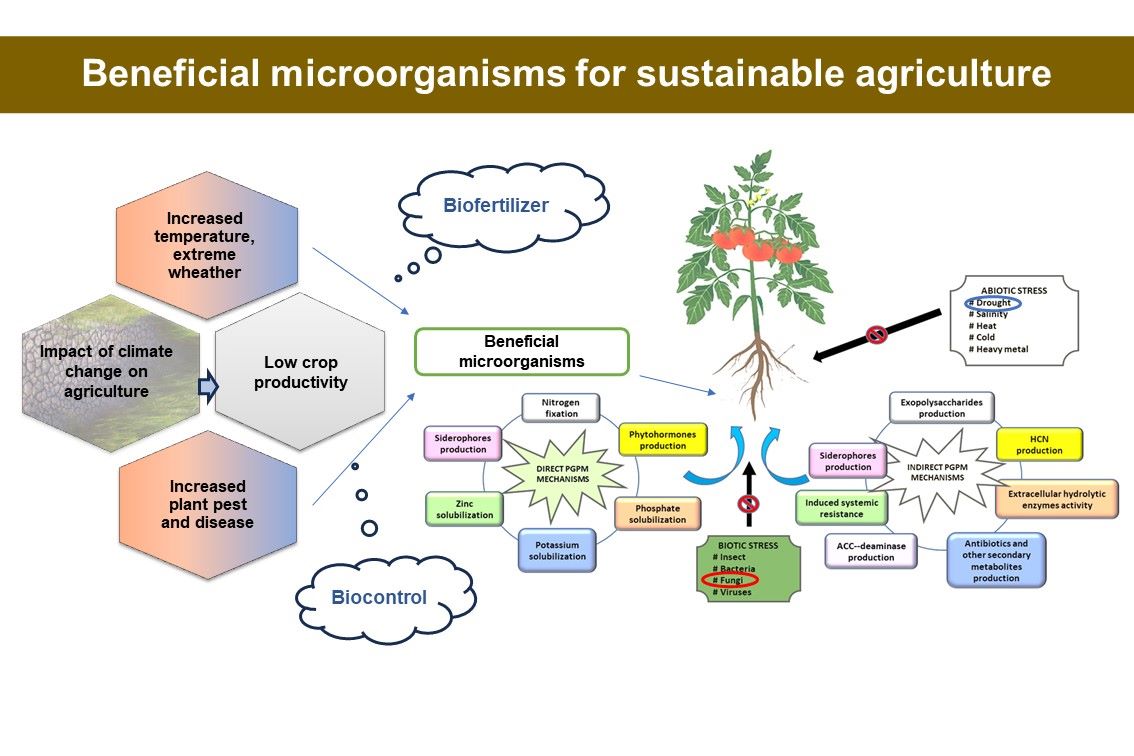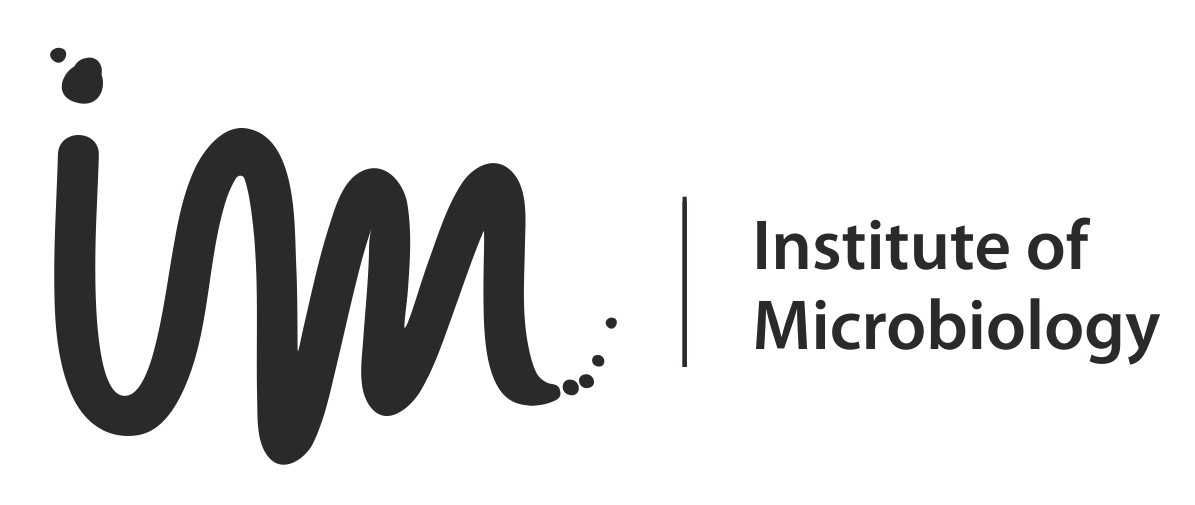Beneficial microorganisms for sustainable agriculture

18 03 2024
Category: IM Seminar
You are cordially invited to the institute seminar: on Monday 25th of March at 2 pm. Nur Ajijah from the Department of Environmental Microbiology and Biotechnology will present a seminar entitled „ Bioprospecting of plant growth-promoting microorganisms for alleviation of drought stress and disease management in agriculture ”.
Abstract:
Elevating food production to meet global demands is a major challenge for agriculture. Abiotic and biotic stresses pose significant threats to crop yields. Chemical fertilizers and pesticides boost yields, but reducing reliance on them is imperative due to potential risks. Biofertilizers and biocontrols utilizing plant growth-promoting microorganisms (PGPMs) emerge as promising alternatives. These agents are expected to suppress phytopathogens, boost plant growth, and play a pivotal role in stress management while leaving no hazardous residues in the environment, a consistent approach with food biosecurity and human health. Therefore, the goal of my thesis is to explore the diverse applications of PGPMs, particularly in mitigating drought stress and managing plant diseases. This approach offers a promising, eco-friendly alternative to mitigate risks. In this research, Pseudomonas protegens ML15 was selected for its multifaceted plant growth-promoting traits and its ability to inhibit the growth of phytopathogenic fungi. Our experiments indicated that applying P. protegens ML15 improved overall rapeseed plant mass, even under drought conditions. Additionally, combining P. protegens ML15 and Trichoderma Tr21 is an innovative way to manage plant health. Our experiments on wheat plants infected by Fusarium showed that co-culturing reduced fungal infection and improved wheat development compared to the treatment without coculture. This suggests co-culture enhances antifungal metabolites, promising reduced Fusarium infection and improved wheat development. Furthermore, the application of P. protegens ML15 not only significantly reduced the infection of pathogenic fungi but also maintained the postharvest quality of tomatoes. Additionally, Overall, this study highlights the environmental and economic benefits of using P. protegens ML15 and/or Trichoderma Tr21 as candidate agents for biofertilizers and biocontrols, offering a sustainable strategy for agriculture production.
